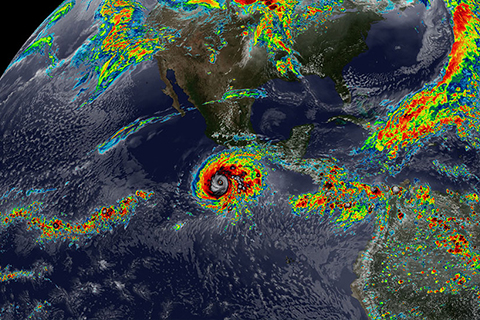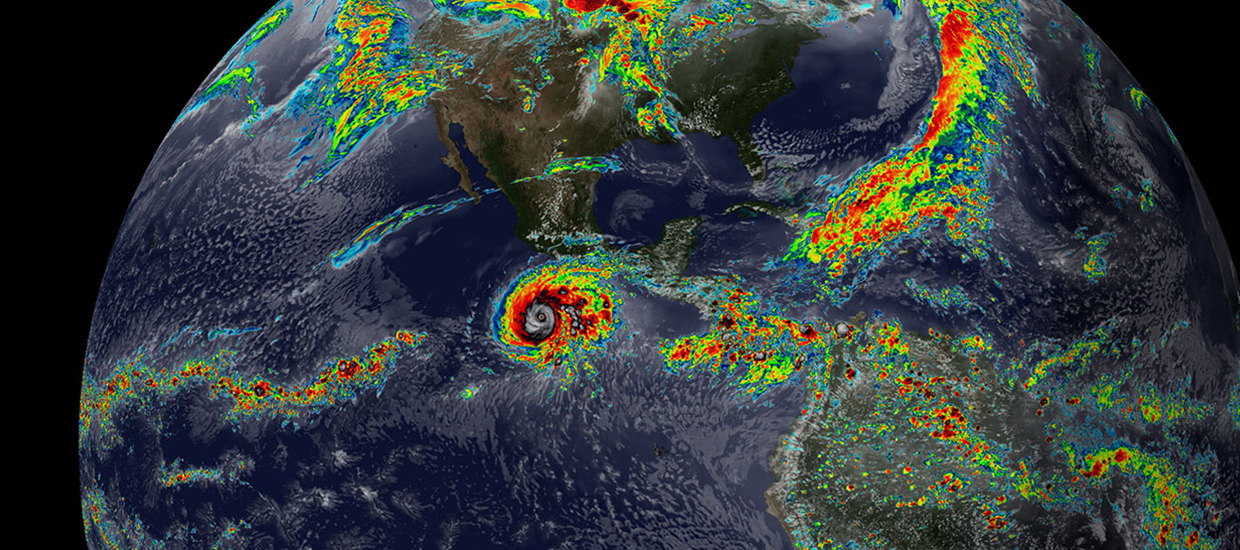Society is experiencing more frequent natural catastrophes, including hurricanes, tornadoes, floods, storm surge, volcanic eruptions, landslides, hail, wildfires, and earthquakes. As many of these disasters are exacerbated by a rapidly changing climate, communities face substantial challenges to achieving resilience within the engineering, architecture, public health, business, and governance sectors.
To address these challenges, the Natural Hazards and Catastrophes MPS track offers comprehensive training to students in assessing risks and exposures associated with natural hazards. The curriculum provides students with the skills and knowledge necessary to understand atmospheric, oceanic, geological, and hydrological earth system natural hazards. It also familiarizes students with data analytics tools required to assess associated risks, such as statistics, data management, programming, Geographic Information Systems (GIS), and remote sensing. Graduates of this track are employed in the private and civil sectors, including the insurance and reinsurance industry, architecture, emergency management, engineering, as well as public health and science.
Prerequisites:
Bachelor’s degree in any field; at least one semester of statistics or calculus, or six credits in geoscience
Course topics:
Statistics, environmental law, decision analysis, hydrological hazards, Geographic Information System (GIS), modeling of rare events
Job titles:
- Catastrophe Management Analyst
- Environmental and Historical Specialist (FEMA)
- Geospatial Analyst
- Meteorologist (NOAA)
- Risk Consultant






